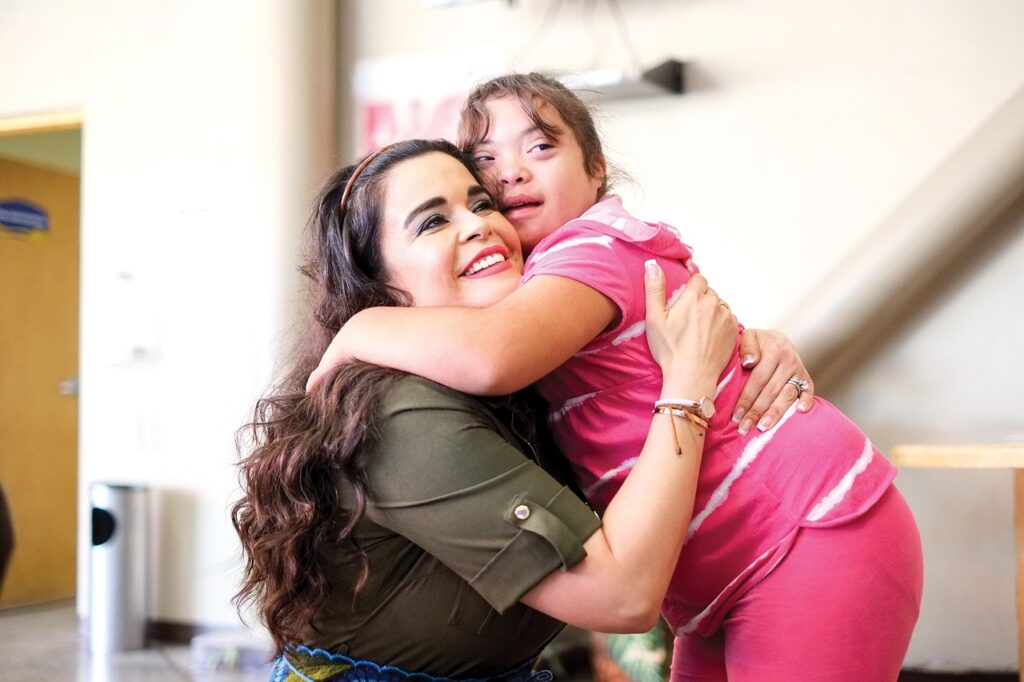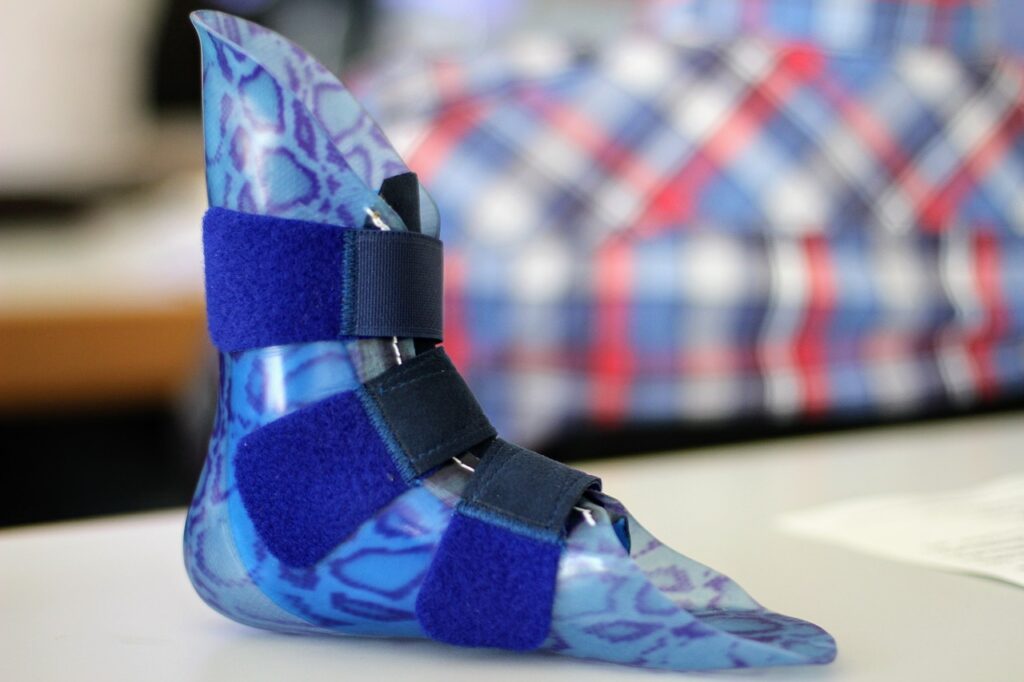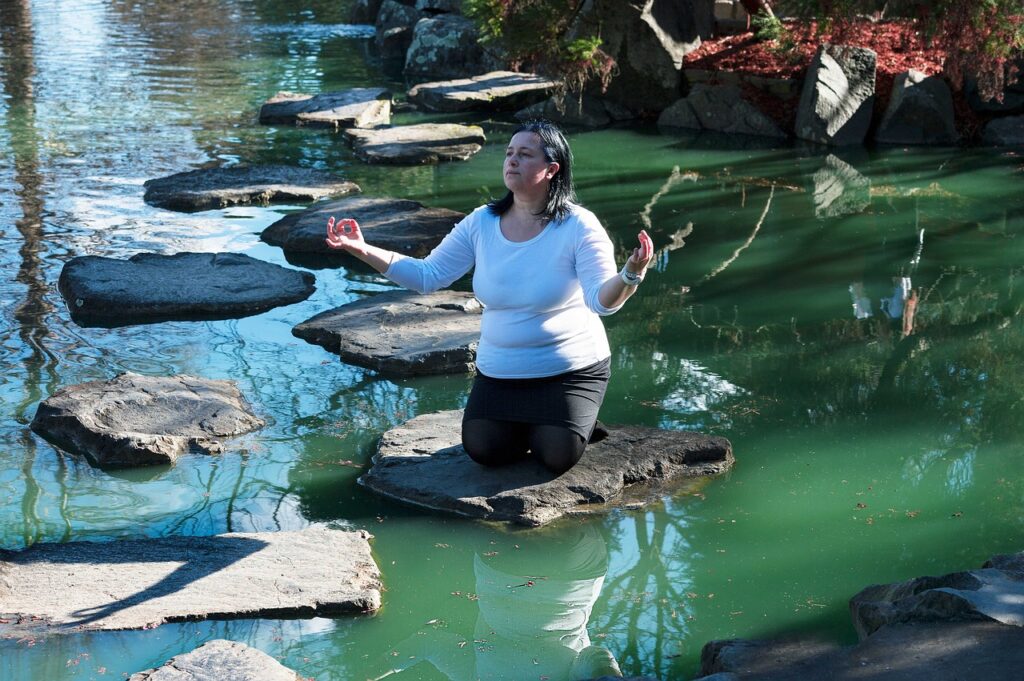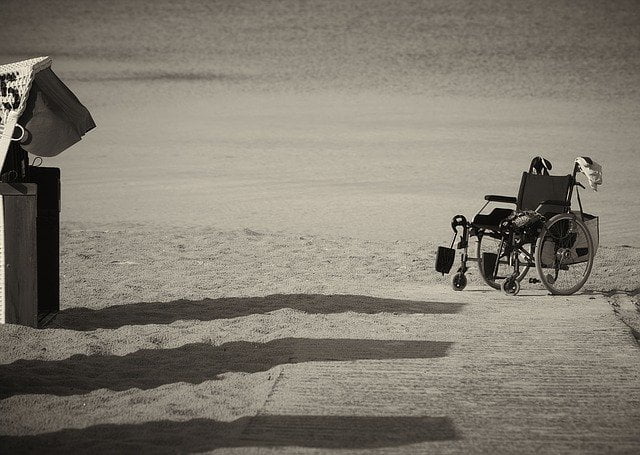If you want to help human beings beyond medical, then there are certain very noble professions and careers available. If you are looking for a career in rehabilitation, then this blog is for you. There are many students who want to help humanity by some means or other. Though a career as a doctor or a surgeon is considered to be the best for people with such an aim, there are many more options available. Getting admission into medical colleges is not just costly but highly competitive too. There are many options available within medical itself. But in this blog we are going to mention careers and courses for those who want to help human beings beyond medical. Rehabilitation gives such an option.
Definition
Rehabilitation is a treatment or treatments designed to facilitate the process of recovery from injury, illness or decease to as normal a condition as possible
Precautions
Rehabilitation should be carried out only by qualifies therapists. Exercises and other physical interventions must take into account the patient’s deficit. An example of a deficit is the loss of a limb.
Purpose
The purpose of rehabilitation is to restore some or all of the patient’s physical, sensory and mental capabilities that were lost due to injury, illness or disease. Rehabilitation includes assisting the patient to compensate for deficits that cannot be reversed medically. It is prescribed after many type of injury, illness, disease, including amputations, arthritis, cancer, cardiac disease, neurological problems, orthopaedic injuries, spinal cord injuries, stroke and traumatic brain injuries.
A proper and adequate rehabilitation program can reverse many disabling conditions or can help patients cope with deficits that cannot be reversed by medical care. Rehabilitation is achieved by restoring the patient’s physical functions and/ or modifying the physical and social environment.
Rehabilitation includes assisting the patient to compensate for deficits that cannot be reversed medically.
The Rehabilitation Council of India
The Rehabilitation Council of India(RCI) was set up as a registered society in 1986.On September,1992 the RCI Act was enacted by Parliament and it became a Statutory Body on 22 June 1993.The Act was amended by Parliament in 2000 to make it more broadbased.The mandate given to RCI is to regulate and monitor services given to persons with disability, to standardise syllabi and to maintain a Central Rehabilitation Register of all qualified professionals and personnel working in the field of Rehabilitation and Special Education. The Act also prescribes punitive action against unqualified persons delivering services to persons with disability.
The RCI has approved various courses and given to institutions for these courses. Students who want to serve humanity through these career options must go through various courses by RCI.
Below are the Top 6 courses approved by The RCI.
1. B.Ed. Special Education

Indian society (and hence) the Indian school system are full of strengths and challenges the essence of which is diversity. The diversity of abilities and hence of the related educational needs, too are waiting to be addressed properly in Indian classrooms.
The B.Ed. special education programme aims to develop special education teachers for children with disabilities for various settings.
The prime intention is to develop a task force of the special teachers/educators who can deliver the best in all settings: inclusive, special, open or home based and in all the roles: classroom teacher, resource teacher, itinerant teacher or cross disability teacher facilitators.
- Duration – 2 years
- Eligibility – Bachelor in any stream with 50% marks
Below are the many Specialization fields –
• Visual impairment
Visual impairment, also known as vision impairment or vision loss, is a decreased ability to see to a degree that causes problems not fixable by usual means, such as glasses. Some also include those who have a decreased ability to see because they do not have access to glasses or contact lenses.
• Hearing impairment
Hearing impairment is the inability of an individual to hear sounds adequately. This may be due to improper development, damage or disease to any part of the hearing mechanism. Hearing is a prerequisite for the development of normal speech & language.
• Intellectual disability
Intellectual disability1 involves problems with general mental abilities that affect functioning in two areas: intellectual functioning (such as learning, problem solving, judgement) adaptive functioning (activities of daily life such as communication and independent living)
• Learning disability
Learning disabilities are disorders that affect the ability to understand or use spoken or written language, do mathematical calculations, coordinate movements, or direct attention.
• Autism spectrum disorder
Autism spectrum disorder is a condition related to brain development that impacts how a person perceives and socializes with others, causing problems in social interaction and communication. The disorder also includes limited and repetitive patterns of behaviour. The term “spectrum” in autism spectrum disorder refers to the wide range of symptoms and severity.
• Deafblindness
Deafblindness is the condition of little or no useful hearing and little or no useful sight. Different degrees of vision loss and auditory loss occur within each individual, thus making the deafblind community unique with many types of deafblindness involved.
• Multiple disabilities
One or more of the above
2. Bachelor in Prosthetics and Orthotics

Prosthetics and Orthotics is a specialized health care profession which combines a unique blend of clinical and technological skills.
These professionals deliver and rehabilitate patients who have lost their arms or limbs due to accidents, diabetes or accidents or have deformed body parts .There are over 30 lacs patients who need such a support in India.
Prosthesis – An artificial appliance which substitutes the anatomically missing component.
Orthosis – An artificial appliance that supports the body part for the purpose of stabilization, support or Movement reminder.
These professionals not only provide service to people with neuro musculoskeletal disorder and people with disability but also it provides service to general disorders such as foot disorders, fractures, sports injuries, aging disorders, muscular pain, aesthetic restoration etc.
They learn a lot of interesting combination of subjects from Human anatomy to physiology to applied mechanics and computer science to material chemistry and the core subjects and even electronics and Psychology.
- Duration – 4 ½ years (includes 6 months internship)
- Eligibility – PCMB / PCME 10+2 with 50% marks
- Masters in Prosthetics and Orthotics – 2 years
- Diploma – 2 years
- Certificate course – 1 year
3. M.Phil. Rehabilitation Psychology

Rehabilitation Psychology is a specialty area of psychology aimed at maximizing the independence, functional status, health, and social participation of individuals with disabilities and chronic health conditions overall and specifically with gaining and advancing with employment.
M.Phil. program is a core course in Rehabilitation Psychology with extensive theoretical inputs and supervised clinical practice in preparation for an internship to acquire necessary professional skills to practice independently in the area of rehabilitation.
After completion Application of knowledge and problem solving skills in a wide variety of settings (eg: agencies working with specific disabilities, multiple disabilities, healthcare facilities, hospitals etc.)
- Duration – 2 years
- Eligibility – M.A. / M.Sc. in Psychology with minimum 55% marks
- P.G. diploma in Rehabilitation Psychology
4. BASLP (Bachelor in Audio and Speech Language Pathology

Audiology is a branch of science that deals with hearing and hearing related disorders. Students of Audiology are educated regarding the anatomy and physiology of the normal and abnormal auditory system. They are trained in identification & differential diagnosis of auditory disorders. These include disorders of the middle ear, inner ear, auditory nerve and the central auditory nervous system. With training they develop expertise in audiological rehabilitation, like recommendation of amplification devices including hearing aids and cochlear implants. They also learn the assessment and management of individuals with tinnitus, vestibular disorders and auditory processing disorders.
Speech and Language Pathology deals with the normal and abnormal aspects of voice, speech, language and swallowing. Students of Speech Language Pathology are trained in diagnosis, differential diagnosis and management of speech and language disorders, which includes voice disorders, speech sound disorder , stuttering, speech and language problems associated with hearing impairment, intellectual disability, cerebral palsy, cleft palate, autism spectrum disorders, oral and laryngeal cancers, stroke/ paralysis, and learning disorders.
Students function as audiologists and speech language pathologists in different work settings. In this programme students learn about concepts in speech, language, communication, hearing, manage and counsel and rehabilitate.
- Duration – 4 years
- Eligibility – 10+2 PCM / PCB with 50% marks
- Scope – • Audiologist • Speech Pathologist in agencies • Healthcare facilities • Hospitals
- Advanced
- M.Sc. Audiology : 2 years
- M.Sc. Speech language Pathology : 2 years
- Diploma in Hearing language and Speech : 1 year
- Diploma in Hearing Aid repair and ear mold technology: 1 year
- • Post graduate diploma in auditory verbal therapy
5. M.Phil. in Clinical Psychology

Clinical psychology is the psychological specialty that provides continuing and comprehensive mental and behavioural health care for individuals and families; consultation to agencies and communities; training, education and supervision; and research-based practice. They are professional Psychologists who provide clinical or counselling services assess and treat mental, emotional and behavioural disorders. They use the science of psychology to treat complex human problems and promote change. They also promote resilience and help people discover their strengths.
The difference between counselling psychologists and clinical psychologists is Counselling guys work to help normal people to sort out their psychological problems where as clinical psychologists work with patients. They work very closely with Psychiatrists. Unlike Psychiatrists, they cant prescribe medicines but use their therapies, activities, tests to treat the patients.
The aim of this course is to prepare the trainee to function as a qualified professional clinical Psychologist in the areas of mental and physical health by offering different Diagnostic, Therapeutic and Rehabilitation services.
- Duration – 2 years
- Eligibility – M.A. / M.Sc. Psychology
- Practice as clinical Psychologist
6. Bachelor in Rehabilitation Science

Humanitarian ideas had crept into mankind long ago when charity pity and compassion were the instruments of yeoman service to the disabled. One in every ten of the world is population suffers from so disability and a large proportion of them need specialised services in the process of prevention, Early detection, Intervention, Integration and Rehabilitation. Though services were available, professionalism rendering service was found to be lacking, which demanded the need in inception of innovative programmes. Keeping this in mind the Institute of Rehabilitation Science and Special Education, Holy Cross College, Trichy started this job orient professional training programme in 1983 to serve the disabled population.
This course equip the students with knowledge and skills to become effective vocational officers, vocational counsellors, vocational supervisors and employment and placement officers.
- Duration – 3 years
- Eligibility – 10+2 with Science / candidate should have a strong interest in serving the disabled
- Advance
- Masters in R.Sc. : 2 years
- Rehabilitation Social Worker
- Rehabilitation Counsellor
So, if you are the one who wants to serve humanity and make a career out of it, these are 6 great options. According to me there is something for everyone in these courses. These are not just careers but noble careers. If you have missed the medical entrance admissions , these are your options. Rehabilitation is a great service you can do to the mankind . If you are interested you can check the list of RCI approved institutes by clicking the below link .
ARE YOU THE ONE WHO IS MADE FOR A REHABILITATION CAREER?


